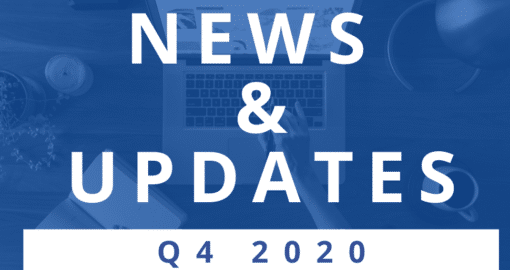Call Us Today (877) 943-0100
Right on Cue—The EEOC Sues a Contractor Firm: Navigating Compliance in the Contractor World
Industry Information | Company News | July 24, 2024
News
Contractor Background Check Program: Best Practices You Should Be Following
Hiring an employee is not the same as engaging a contractor through...
Read More
News
5 Trade License Tracking Benefits For Your Contractor Network
Licensing is one of those critical areas that can take a back...
Read More
News
Quarterly Compliance Update, Q4 2020
Maintaining compliance throughout the pandemic, PBSA chairperson update, data entry for background...
Read More


